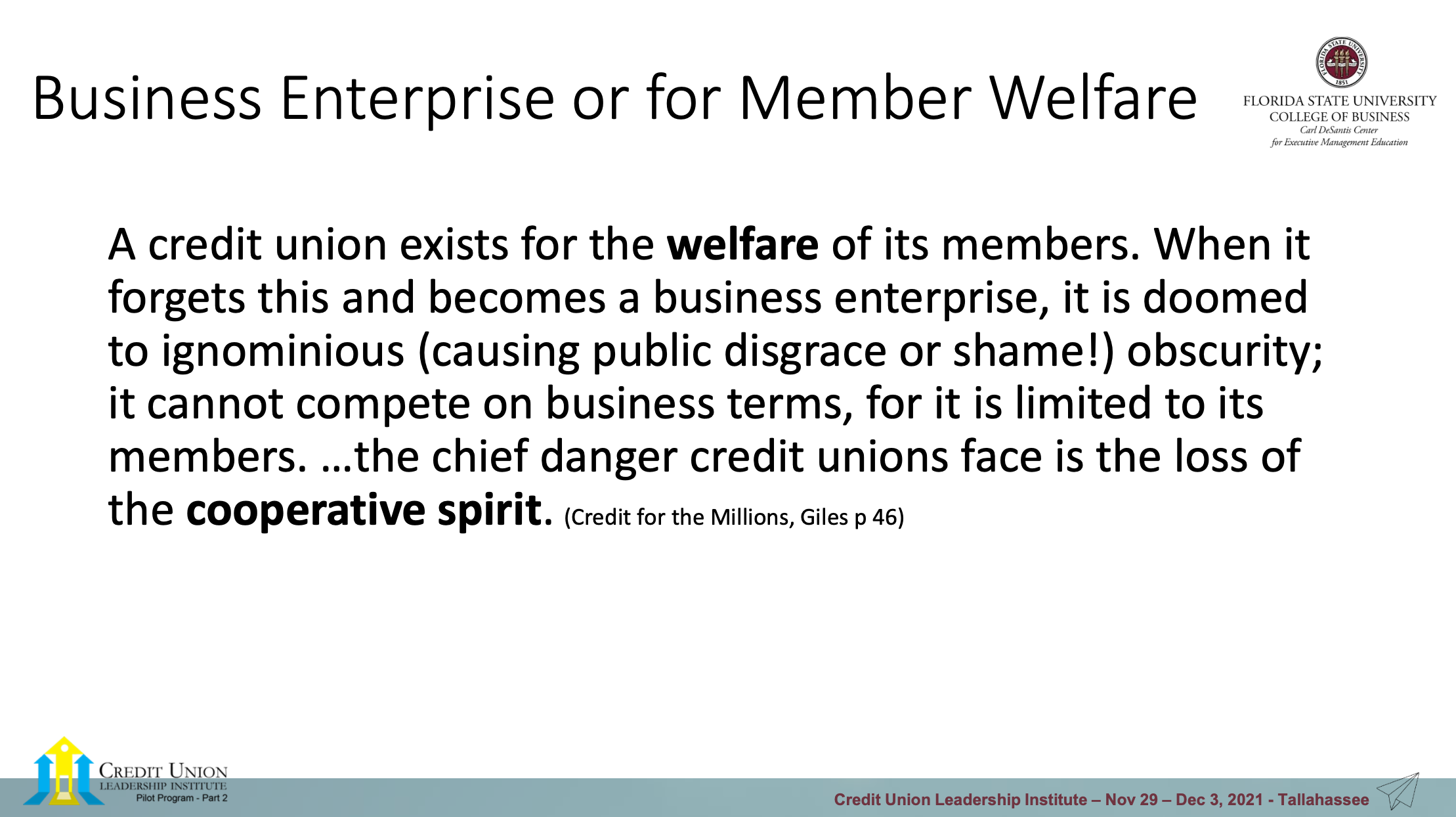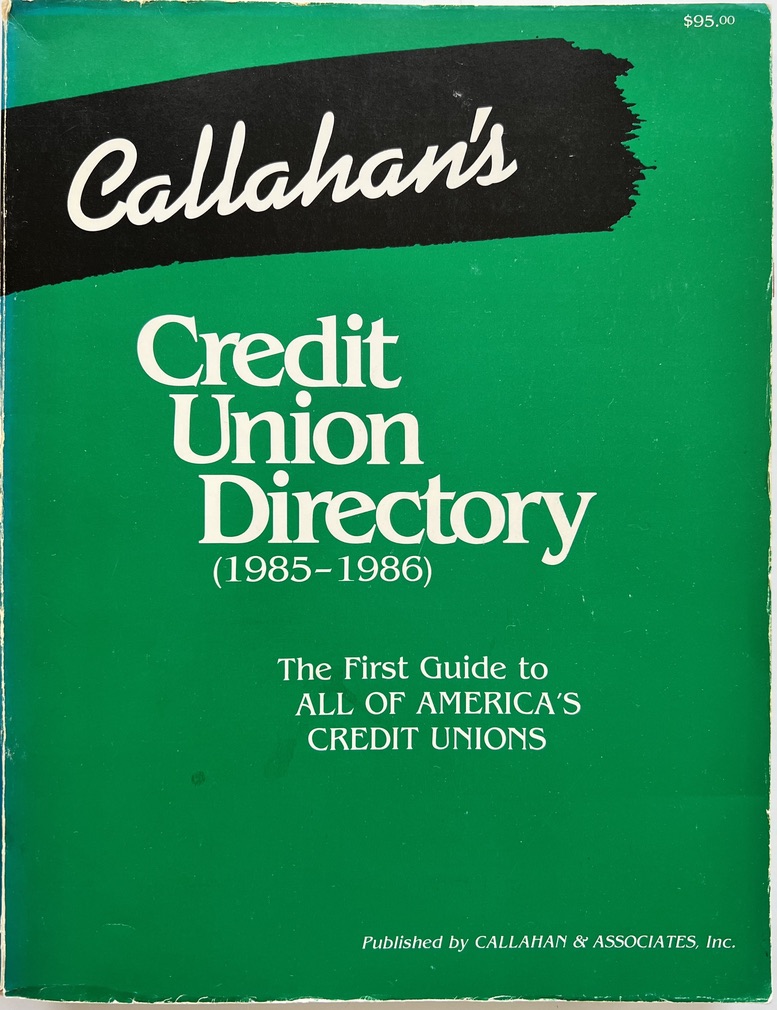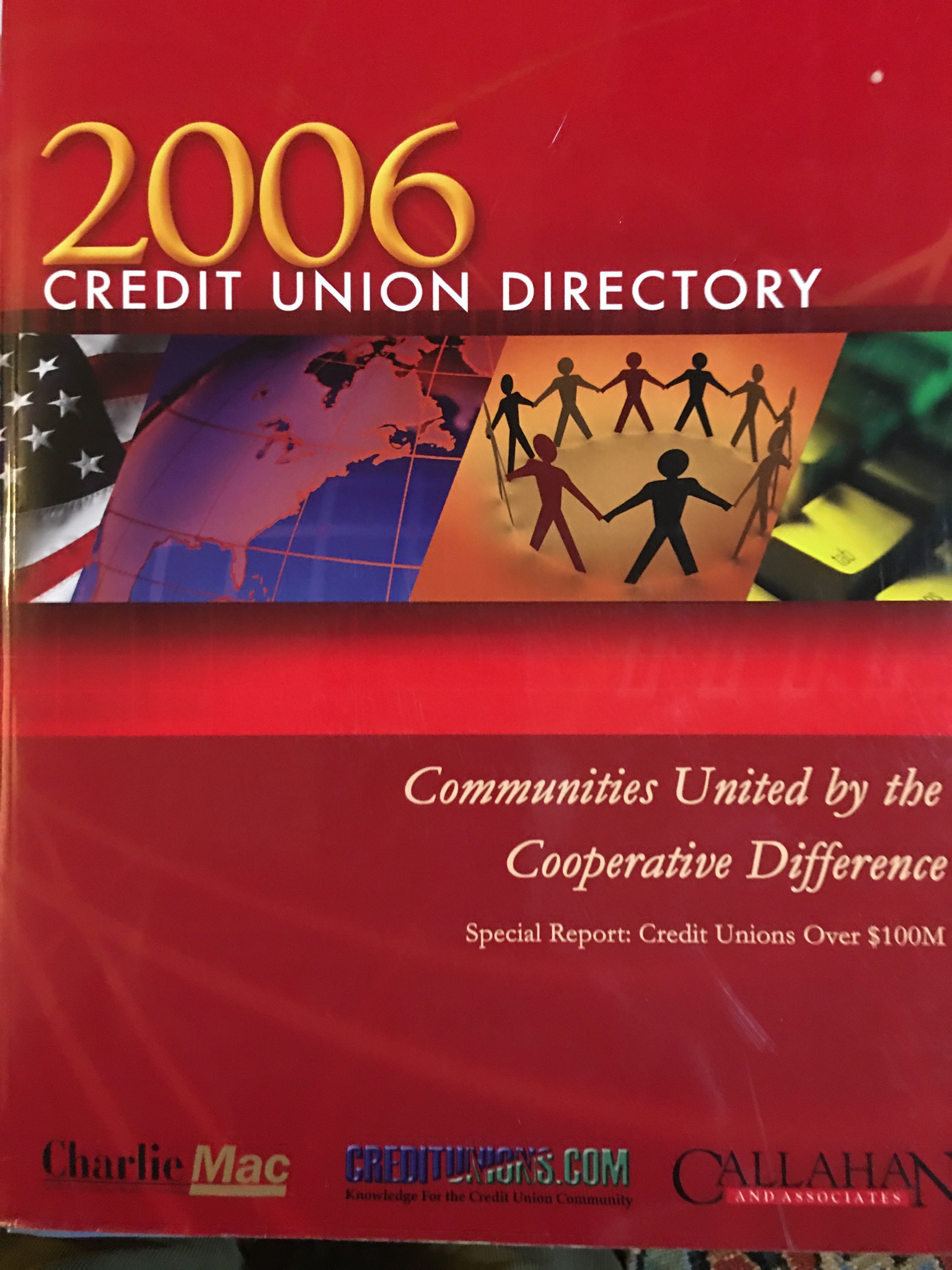The stories we tell, define who we are. They preserve those moments in life that we value. For organizations they communicate the culture. For a country, they express its collective national aspirations.
Two of the brief stories below are from CEO Tim Mislanky’s monthly staff update for Wright-Patt Credit Union. They honor the credit union’s commitment to service, its foundational value.
The third is an account of a father’s efforts to respond to segregation an ever present legacy in their community.
These accounts are not mere history. Rather they give meaning to life today. As you read, ask what story might you tell about your efforts?
A Greyhound Bus Trip to the Credit Union
A WPCU member, who is also ex-military, took a Greyhound bus from Cleveland to Columbus for a close reopen account. She is advanced in years so she could not do it online. She arrived at Graceland at 5pm and we had appointments till close at 5:00 PM. Stacy Davison was the only financial coach for the remaining workday. Stacie gladly stayed to be sure that our member was taken care of.
Through the close reopen process, Stacie found out that our member came all the way from Cleveland via the bus and hoped to get a bus back to Cleveland that same night. Stacie got online to try and help our member find a bus schedule to Cleveland, but there were no buses available until the next day.
Our member was then going to take a public transportation to a homeless shelter to stay the night. She had brought her dinner and breakfast with her to be prepared if she had to stay overnight.
It was dark and unsafe for our member, so Stacie told the member she would take her to the shelter. Stacie looked online to see if the Holiday Inn had a room, so she could pay for our member to stay the night in comfort, they did not, and the member would not let her do that. Stacie offered to drive her back to Cleveland, but the member declined.
On the way to the shelter Stacie tried to buy her a hot dinner, but the member said “I will eat what I brought from home.” The member said the shelter served dinner, so she could eat there also.
Manager’s comment: This is an example of going above and beyond for our member and, a great example of a servant’s heart.
One Hot Dog Per Day
Heidi recently worked with a member who shared personal details with her about how she was having financial difficulties and surviving on eating one hot dog per day. The member was having extreme difficulty being able to afford food in her home. Heidi went into action and found information about area food banks that she shared with the member.
A week or two later, the member returned to the member center. She told Heidi (while crying) that Heidi gathering those resources and sharing them with her was “life changing.” The member said that she was able to contact two food banks, and that both were able to provide food to her. She also shared with Heidi that she has now also secured a temporary part time job.
Manager’s Note: Because of Heidi’s work, we are developing a guide about food banks and area resources that can be shared with members.
Picking Up the Minister’s Food Tray
A family story prompted by yesterday’s post about Springfield, Illinois and integration in the 1960’s.
My father, editor of the afternoon daily in a small city in the mid-Ohio Valley (population about 40,000), was about the same time fighting an uphill battle to change the status quo there. He spoke out a lot in his editorials and made himself unpopular with a certain type of citizen.
Sometimes the telephone would ring during dinner and my father would slip away and answer. “Who was it this time?” my mother would ask. “Oh, just another one of my sidewalk editors,” he’d say. But actually, some of them were calling to threaten him—and us. He didn’t stop promoting integration in schools and businesses and elsewhere.
As a ruling elder in the First Presbyterian Church he was hastily summoned to the church narthex one hot and un-air-conditioned summer morning where he weighed in successfully in an off-the-cuff decision to let a neatly hatted and gloved black woman stay for the church service.
A visitor from Texas, she had just come in and sat down in a pew causing a flurry of concern especially with another ruling elder who came to my father and said: “What shall we do?” No black person was thought to have darkened the church door before. There were supposedly only about 50 black families in the city and they had their own churches. Thankfully, nothing happened to the visitor and she worshipped unbothered along with the rest of us. But that kind of acceptance only went so far.
I remember well my father’s repeated consternation about a popular downtown cafeteria where the local Brotherhood Committee met regularly to plan interfaith events designed to promote tolerance and understanding. The Rev. Preston Smith, a loved and respected pastor of one of the local black churches was the only person of color on this committee that included a representative of the tiny Jewish community and Father O’Reilly of St. Xavier’s downtown catholic church.
Everyone except Rev. Smith went through the line and got his food, but someone else had to fill a tray for him and take it to the back room where the meeting was held. My father finally challenged the cafeteria’s owner: “Bill, why won’t you serve Preston just like the rest of us?”
“I’d like to. I really would, but I just can’t. It would ruin my business; people wouldn’t come. I’d lose everything.”
Some years later, the cafeteria closed for other reasons. I still have a brass plaque of the Brotherhood Award from 1968 engraved to my father for “Distinguished Service in Human Relations” presented by the local chapter of the National Council of Christians and Jews.



